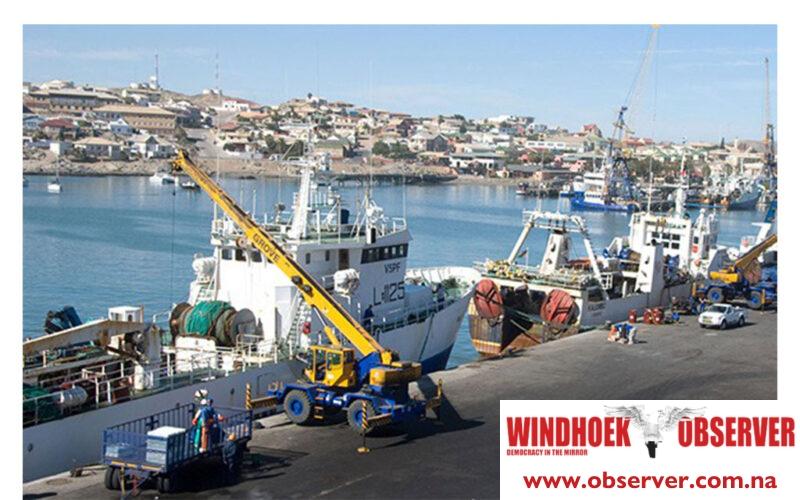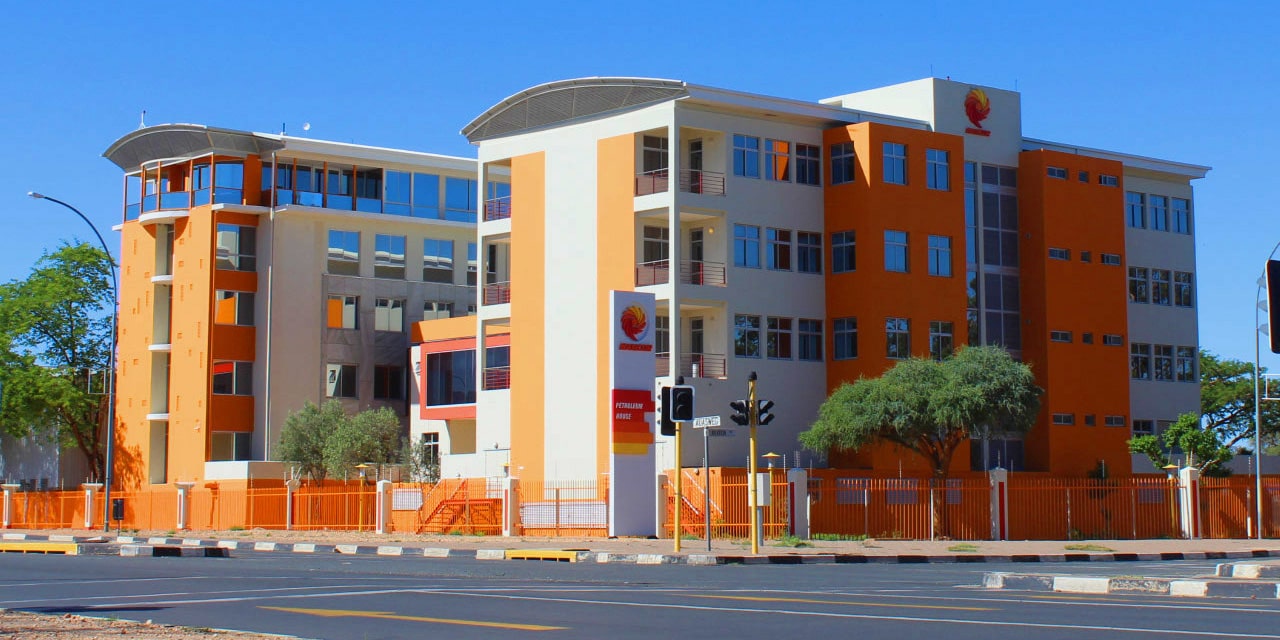Allexer Namundjembo
The proposed expansion of the Lüderitz port has reignited deep-rooted tensions over Namibia’s colonial past, with traditional leaders raising concerns about potential disruption to sacred heritage sites around Shark Island.
Shark Island, located near the port, was used as a concentration camp during the 1904–1908 genocide under German colonial rule.
Thousands of Nama and Ovaherero people were imprisoned and died there under brutal conditions. Today, the site is seen by many as a national symbol of trauma and remembrance.
Some traditional leaders from the affected communities have warned that the planned construction could desecrate unmarked graves and disturb human remains believed to be in the area.
They have called for comprehensive archaeological investigations before any further development proceeds.
Judea Nama and Ovaherero elders have consistently demanded recognition and preservation of the site, arguing that industrial expansion risks erasing a painful but important chapter of Namibia’s history.
Lüderitz Mayor Phil Balhao acknowledged the historical significance of Shark Island but questioned the lack of verified evidence supporting claims of grave sites in the port zone.
He said no archaeological proof has been produced in the past two years to substantiate the objections.
While Balhao called for respect for heritage, he also warned against using it to block development indefinitely.
“This is a chance for us to harness our natural resources for the benefit of all Namibians,” he said, referencing ongoing partnerships with energy companies such as Total Energies, Qatar Energy, and Namcor.
The mayor expressed concern over what he described as mixed motivations among some of the project’s critics.
Some cite historical grounds while others reportedly seek equity in the development.
He also questioned whether resistance may be driven by interests linked to competing port developments in Walvis Bay, raising suspicions that the economic future of Lüderitz is being undermined.
Balhao has called on national leaders, including the Presidency, to mediate the issue through inclusive dialogue. “
Development and heritage can coexist,” he said. “Together, we can build a brighter future for Lüderitz and the ||Karas Region, one that honours our past while creating opportunities for our people.”
As Namibia positions itself for major economic shifts driven by the oil and gas sector, the dispute over Lüderitz Port highlights the ongoing challenge of balancing national development with historical accountability and cultural preservation.




